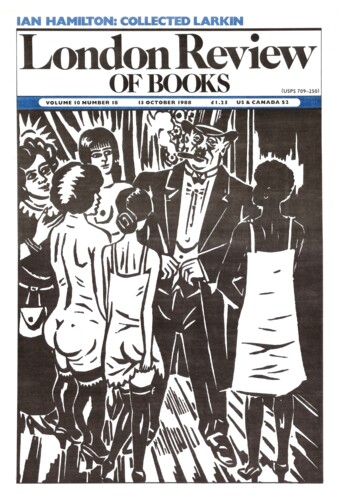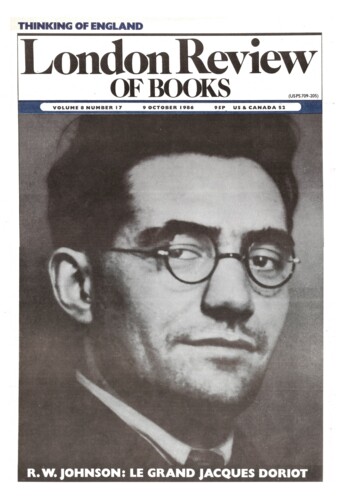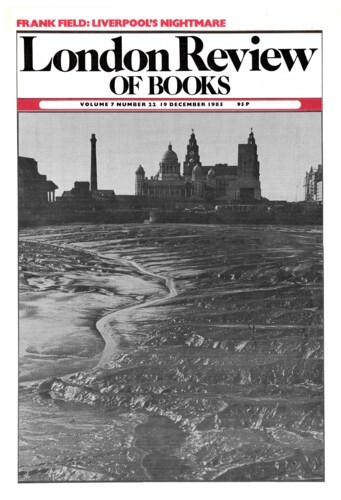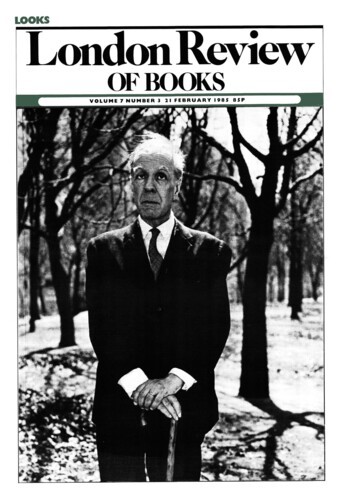Poem: ‘Tamworth’
Andrew Motion, 13 October 1988
Red brick on red brick.
A boiled eye in a greenhouse.
Lilac smoking in sere gutters and crevices.
A pigtailed head on lamp-post after lamp-post.
*
We had taken my mother’s estate and driven into the blue – she was in hospital then, and didn’t care.
*
Out of nowhere, nowhere else to go, stuck in the parched afternoon, collapsed,
the...





